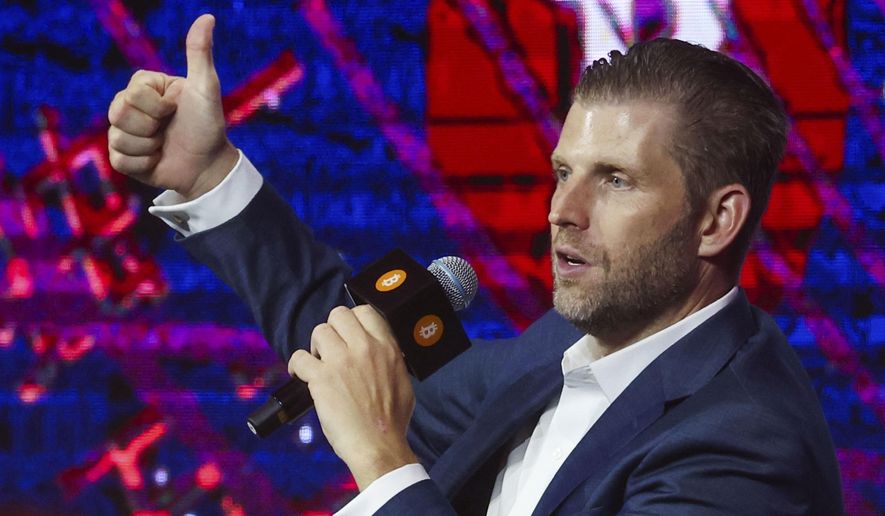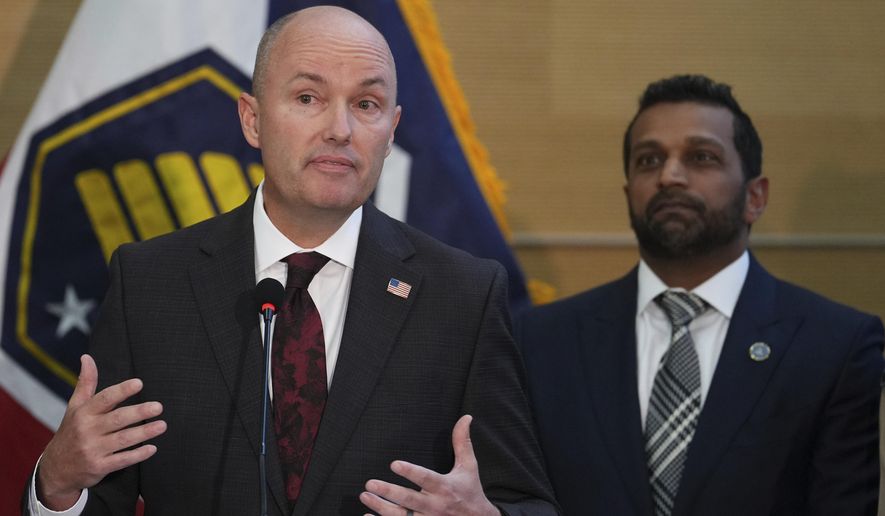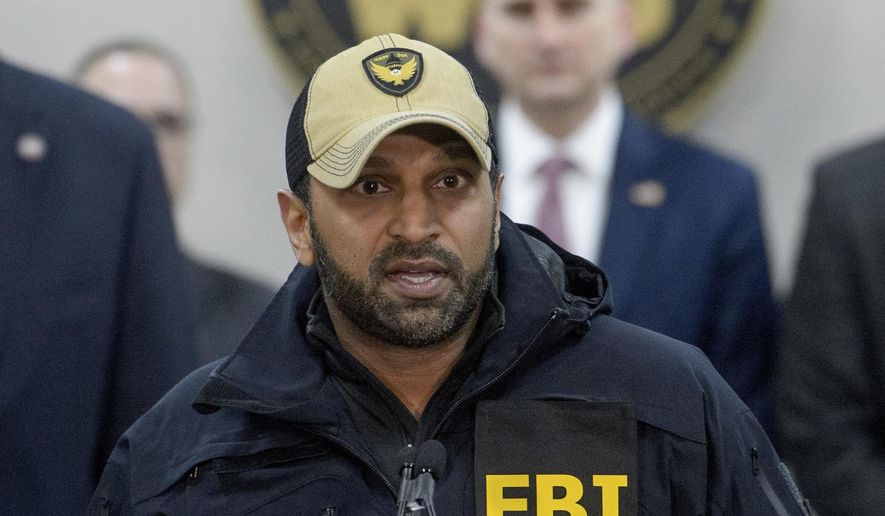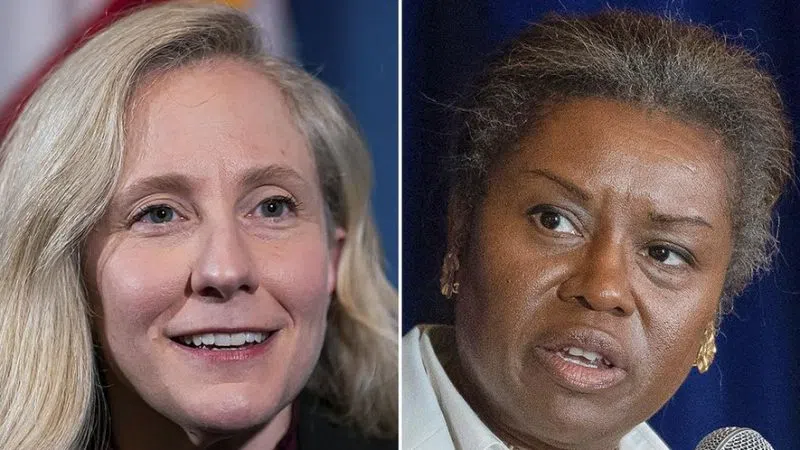Delaware has long reigned as the nation’s corporate capital, but not anymore.
Recent high-profile departures and growing criticism of its judiciary have put the First State under the microscope.
On CNBC this past Wednesday, “Squawk Box” anchors Joe Kernen and Andrew Ross Sorkin pressed Gov. Matt Meyer, a Democrat, on whether his administration is mishandling what could become a turning point in Delaware’s century-old dominance of corporate law.
Meyer claimed his state had no serious corporate domicile issues, giving answers that flabbergasted the hosts.
Sorkin opened the interview bluntly: “Our next guest has seen his state lose some high-profile incorporations. The biggest one: Tesla, when Elon Musk left for Texas. What is the state of play here?”
Meyer downplayed the shift, stressing that Delaware still hosts over 2.2 million registered entities.
“We’ve been the preeminent corporate franchise for over a hundred years, and it remains that way,” he said, brushing aside concerns as little more than market “chatter.”
But Kernen and Sorkin were quick to challenge that framing, pointing to the fact that venture capital firms are now steering startups away from Delaware.
“You changed the law,” Sorkin reminded Meyer. “That was not something you do regularly.”
The sharpest blow came earlier this year when Musk announced Tesla’s decision to shift its incorporation from Delaware to Texas. That move, symbolic and financial in equal measure, triggered fresh anxiety across boardrooms and venture capital circles.
Much of the current debate stems from Delaware’s powerful Court of Chancery, once viewed as the gold standard of corporate adjudication.
In recent years, however, the court has gained a reputation for favoring plaintiff law firms that dominate Delaware’s political ecosystem.
The breaking point came in Musk’s $56 billion Tesla pay package case, which Delaware Chancellor Kathaleen St. Jude McCormick struck down as “unfair” despite strong board and shareholder approval.
At the same time she denied Musk his compensation, McCormick awarded the plaintiff’s law firm in the case a remarkable $345 million in attorney fees for its legal filings.
Critics argue the ruling signaled that Delaware courts increasingly were willing to override contracts and corporate governance norms.
“Shareholder democracy is one thing,” Sorkin said. “But if you’re management or a founder, you now look at Delaware and wonder if the courts are really on your side.”
That perception has fueled defections not only from Tesla but also from tech firms and investment funds exploring alternatives in Texas and Nevada.
Meyer insisted Delaware updates corporate law “just about every year” to maintain predictability. Yet Senate Bill 21, passed unanimously earlier this year, is widely viewed as a direct response to the Tesla case.
Sorkin pressed Meyer on this point, noting: “If I were to FOIA [Freedom of Information Act] all of the communications between the political class in Delaware that voted to change the law, the word ‘Elon’ and ‘Tesla’ would be in all of the emails.”
Meyer flatly denied it: “It wasn’t in any of my emails. It was about creating predictability … there was a gray in the law that was hampering corporate decision-making.”
Kernen cut in, suggesting the real motive was clear: “To correct what was kind of a mistake for what the end result was, right? I can’t see any other legal reason other than he makes too much money for a court to try to violate a contract entered into by the CEO.”
The corporate migration debate is unfolding against a larger backdrop of legal risk.
Media giants have been hit with staggering defamation settlements in Delaware, including Fox News’ $787 million payout to Dominion Voting Systems and Newsmax’s costly settlements in its own cases relating to the 2020 election.
Both Newsmax and Fox complained publicly that Superior Court Judge Eric Davis, a Democrat with close ties to the Bidens, stripped the company of normal libel legal defenses that forced them into settlements.
When asked who Delaware’s biggest rival is, Meyer pointed not to Texas or Nevada but to overseas markets.
Yet CNBC anchors found his answer laughable.
“In Texas, the threat of easier regulation, easier rulings, more owner-friendly law — that changes the game,” Becky Quick observed.
Major public companies have been quitting Delaware in record numbers, a movement that has become known as “Dexit.”
Such companies not only include Musk’s Tesla, SpaceX, and Neuralink, but retail giant Dillard’s; online players like Tripadvisor, Roblox, MercadoLibre, and Dropbox; financial player Affirm Holdings; shopping mall giant Simon Property Group; hedge funds Andreessen Horowitz and Pershing Square; media players AMC Networks, Madison Square Garden Sports, and Trump Media & Technology Group; among many others.
With Texas openly marketing itself as a friendlier destination for entrepreneurs and Nevada long offering less regulatory oversight, Delaware faces competition on multiple fronts.
The once unthinkable — companies abandoning the First State en masse — now is a reality.
© 2025 Newsmax. All rights reserved.






















